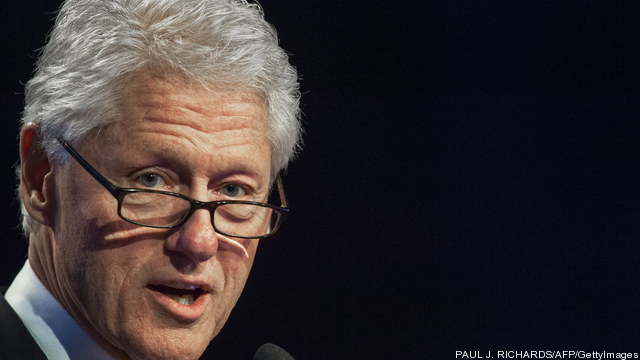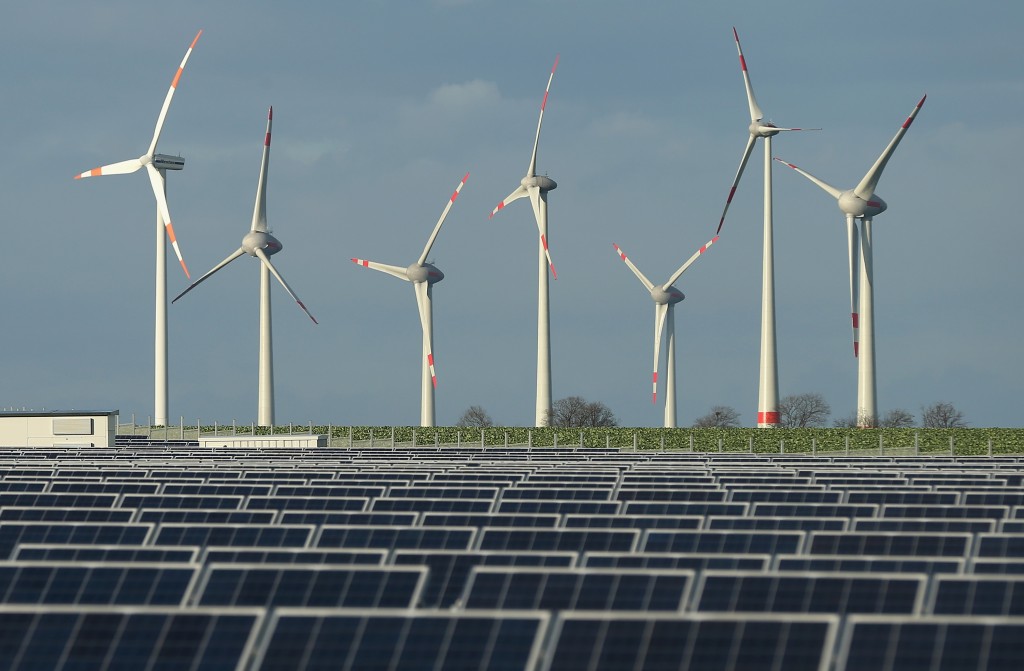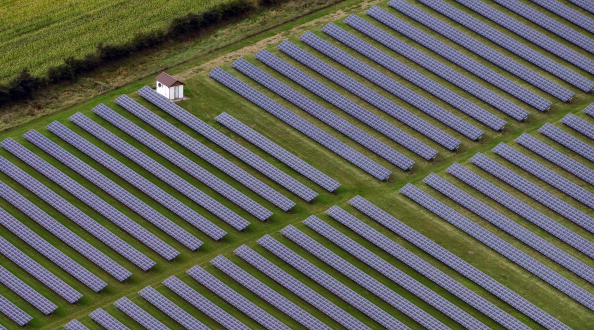Anti-dumping (AD) and countervailing duties (CVD) on Chinese c-Si PV modules imported into the growing U.S. market have been prominent part of the solar marketplace since 2012.
Deutsche Bank
Renewable Energy Update – July 2015
By William R. Devine, Barry Epstein, Emily L. Murray, Patrick A. Perry | Allen Matkins Leck Gamble Mallory & Natsis LLPSign up and get Breaking Energy news in your inbox.
We will never sell or share your information without your consent. See our privacy policy.The March 2011 Fukushima accident destroyed four and shuttered most (currently all) of Japan’s 54 nuclear plants. Japan replaced nuclear energy with discomfort, sacrifice, and costly fossil fuels, because utility oligopolies suppressed renewable competitors and national energy efficiency languished. Two and a half years later, power reserves, though easing, remain tight, fuel bills exorbitant, and… Keep reading →
It’s no longer, if, but rather when. In study released in late July 2013, DB’s US-based Vishal Shah estimates that three-quarters of the world’s solar market will be “sustainable” within 18 months, meaning they can operate with little or no subsidy. In 2 years, he reckons, the market will have flipped from one being largely… Keep reading →
“Peak oil” is a term that’s been bandied about for decades, but almost always in reference to supply, not demand. The Economist is calling oil “yesterday’s fuel”. “The world’s thirst for oil could be nearing a peak. That is bad news for producers, excellent for everyone else.” [Economist] There’s a nice (and very thorough) piece… Keep reading →

History will be made when the first transcontinental airplane flight made with zero liquid fuel takes place this spring. The solar-powered plane called the Solar Impulse will travel from San Francisco to New York using 11,628 photovoltaic cells, several lithium polymer batteries and four 10 horsepower electric engines. The plane’s wingspan is the size of a Boeing 747, it weighs about as much as a car and has as much power as an average scooter.
The idea for Solar Impulse was born in 1999 when Bertrand Piccard and Brian Jones circumnavigated the globe in a balloon – a mission that almost failed due to fuel supply constraints. The incident motivated Piccard to circle the Earth again, but this time without fuel, a goal that hit a major milestone last year when Bertrand and Co-founder Andre Borschberg flew the plane from Switzerland to Morocco and back in the first fully-solar powered intercontinental flight. Keep reading →

US dependence on imported crude oil is expected to drop to 41% this year, but it could drop even faster, and even to zero, says Adam Sieminski, Administrator of the Energy Information Administration.
EIA’s forecast is a substantial reduction even from 2011, when imports met 45% of US demand, and way below the record year of 2005 when the US imported 60%. Analysts agree that discoveries of new US resources, improvements in US auto fuel economy, and lower overall demand due to the recession have combined to reduce the need for imports. Keep reading →

The German wind industry sits at the heart of a European energy market preparing for a disruptive transformation intended to promote integration and allow the rich wind resource of the North to fuel continent-wide growth, without the risks of nuclear power and reliance on foreign energy producers.
It is a comprehensive, ambitious vision that in Germany alone the environment minister Peter Altmaier has compared in scale to the country’s painful post-Communist reunification. Keep reading →
Bill Clinton Urges Focus on Clean Energy While Musk Admits to Tough Times at Tesla
By Felicity Carus
Energy efficiency and solar are the low hanging fruit for American companies both at home and overseas, former President Bill Clinton said yesterday.
“We should pick the low hanging fruit. It always begins with efficiency. We’re much more energy efficient than we used to be but we have not made a serious attempt to get it to scale,” Clinton said in the closing keynote of the National Clean Energy Conference in Las Vegas last week. Keep reading →
 U.S. Energy Information Administrator Guy Caruso (R) compares notes with U.S. Chamber of Commerce Institute for 21st Centery Energy Managing Director Karen Harbert (C) as Deutsche Bank Chief Energy Economist Adam Sieminski looks on before they testify to the House Select Committee on Energy Independence and Global Warming about ‘The Future of Oil’ June 11, 2008 in Washington, DC.
U.S. Energy Information Administrator Guy Caruso (R) compares notes with U.S. Chamber of Commerce Institute for 21st Centery Energy Managing Director Karen Harbert (C) as Deutsche Bank Chief Energy Economist Adam Sieminski looks on before they testify to the House Select Committee on Energy Independence and Global Warming about ‘The Future of Oil’ June 11, 2008 in Washington, DC.
As US oil production from shales grows, it may make sense to allow some oil exports in specific circumstances, says the new head of the Energy Information Administration. Keep reading →





